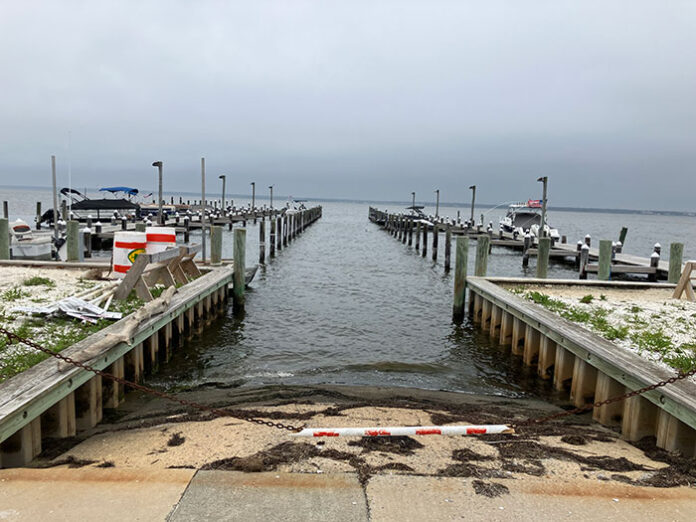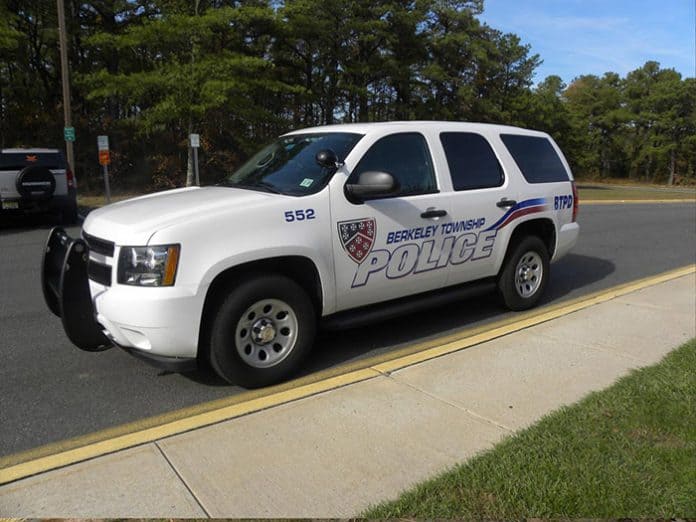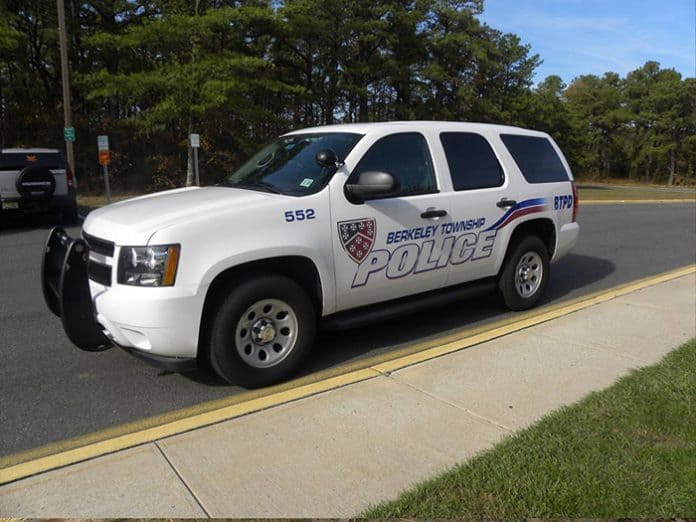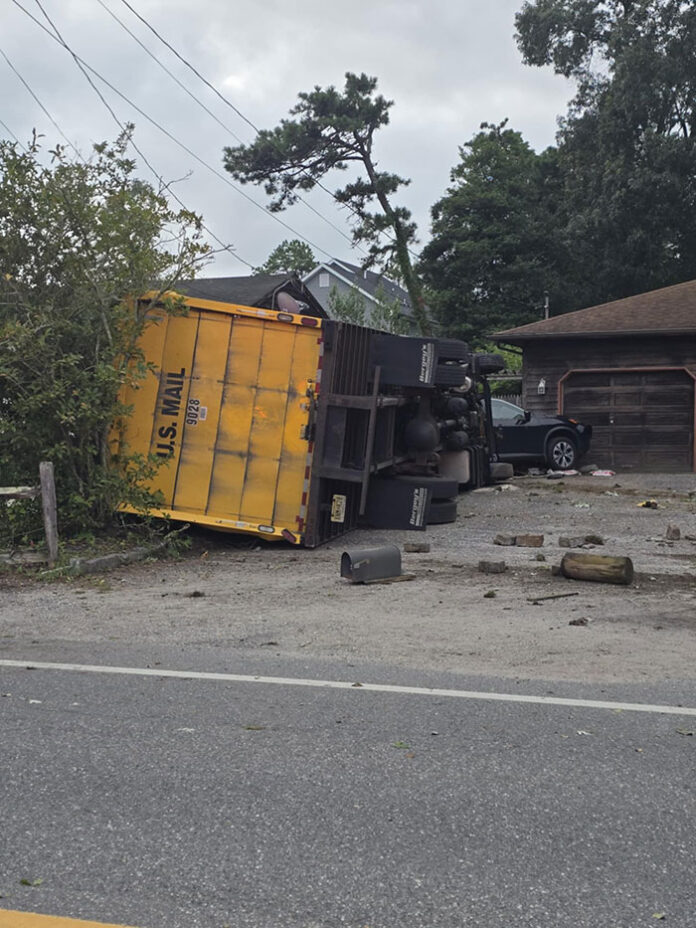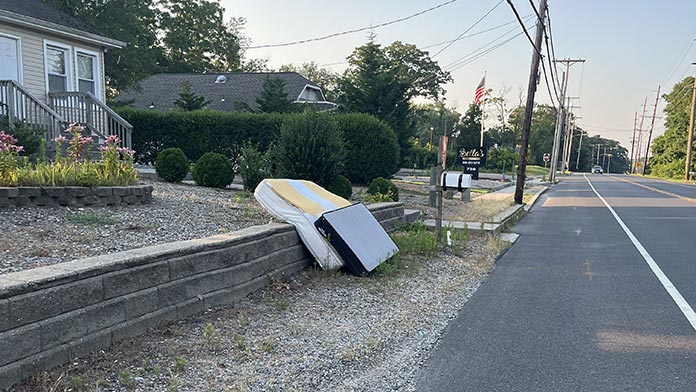Berkeley When word got out that South Seaside Park was leaving Berkeley, many started to wonder how taxes and services would be affected.
Just north of Island Beach State Park is the town’s location. Berkeley citizens petitioned to leave the city. They recently prevailed in their legal struggle.
Their sole actual neighbor, Seaside Park, must now determine whether to permit them to join. Nothing changes if Seaside Park declines.
At the most recent Township Council meeting, Mayor John Bacchione raised the matter, pointing out that it had reached the Supreme Court.
“We’ve reached our limit,” he stated. The issue of assets will be discussed later if Seaside Park acquires South Seaside Park.
For instance, a previous real estate structure has been used as a satellite office where people conduct township business.
In earlier conversations with The Berkeley Times, he stated that approximately 10.43% of the township’s tax revenue comes from SSP. Somewhere, the tax money would have to be compensated.
Township finance officials said during the hearings that, based on 2017 data, the remaining Berkeley residents would experience an average annual tax hike of $147.63 if SSP departed.
According to an expert SSP engaged, mainland taxes would rise by an average of $35 annually, based on 2017 figures. Back then, they claimed that if SSP residents joined Seaside Park, their taxes would drop by 40%.
According to the court, Berkeley would save some money by doing away with several summer auxiliary police posts and other services that were previously provided to the beach community.
The most recent Township Council meeting covered general finances. According to the mayor, the council and administration made an effort to cut expenses this year and in the years to come. They have done a lot of research on health insurance. In order to lower worker’s compensation claims for sanitation personnel hurting themselves while cleaning up trash, they invented robocans. For worker’s compensation claims, the deductible is $50,000.
Officers have been replaced, but no new positions have been created.
According to Jay Delaney, the business administrator, capital investment has decreased.
Debt is used to finance capital investments. Approximately the same amount is used to replace one year’s debt when it is retired. This enables a town to undertake large-scale initiatives with just interest and payment obligations. Officials seek to minimize bonded debt for years to come by cutting capital investment now.
During the meeting, some locals voiced their concerns to the Township Council. A Holiday Heights homeowner asked if the town or a nearby eatery would lose its liquor license.
Depending on their population, towns are only permitted a specific number of liquor licenses. Berkeley might lose its liquor license if its population declines. This is important because businesses who sell alcohol pay the town a lot of money for this license. Losing one might result in an income loss that would need to be compensated for in another way.
According to town attorney Lauren Staiger, de-annexation is a novel concept, and the outcomes are still unknown.
One resident of Pelican Island expressed her worry that her neighborhood will receive less services.
The small area of land immediately over the Tunney-Mathis Bridge on Route 37, which runs from Toms River to Seaside, is known as Pelican Island. The actual land is divided between Toms River and Berkeley.
She was concerned that there wouldn’t be enough police or other services to cover that tiny area of a few houses without South Seaside Park to anchor services all the way over there.
She received assurances from a number of the governing board members that they would continue to receive Berkeley services as long as they continued to dwell in Berkeley.
According to Bacchione, we serve the people of Berkeley Township. As soon as we have information, we will share it. Together, we are in this.
Concerns over AirBnBs in the area were also raised by the resident. These have the potential to become party spots, disturbing the peaceful families.
According to town attorney Lauren Staiger, the town is drafting ordinances to deal with this problem.
